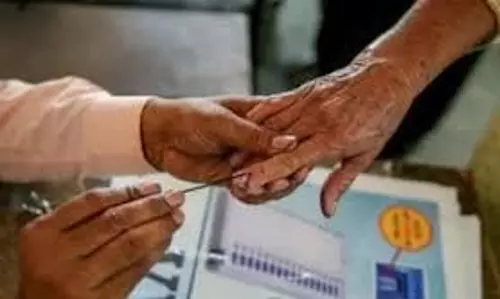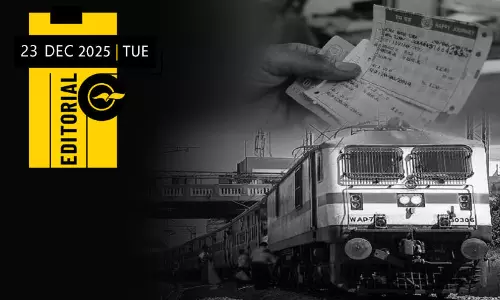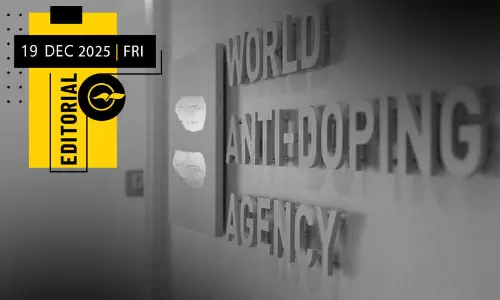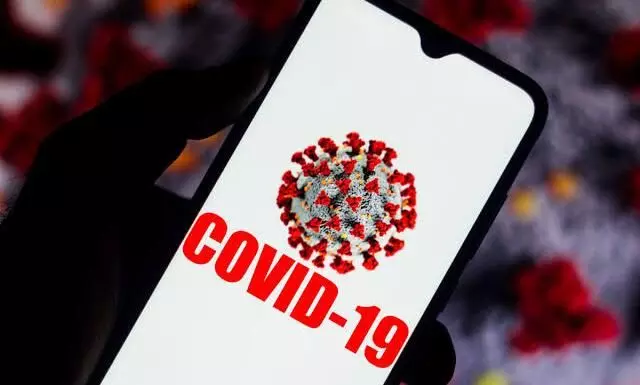
Low-cost smartphone-based test can detect COVID-19 in 25 minutes
text_fieldsScientists have developed a novel COVID-19 testing method that uses a low-tech kit and a smartphone to analyze saliva samples and deliver results in about 25 minutes.
As per a report by The Guardian, this could be used as a quicker, cheaper alternative to PCR testing.
A study on the new online program, which is called SmaRT-LAMP, was published January 28 in JAMA Network Open.
Its developers say the system ranks among the most rapid, sensitive, affordable, and scalable tests in existence.
They add it can be adapted for other pathogens with pandemic potential, including the flu.
The team behind the 25-minute saliva test says the test requires a basic lab kit that includes a cardboard box, a small hot plate and an LED light that can be produced for less than £75. The cost of running a test, including the reagents, is about a 10th of a PCR test and is also cheaper than a lateral flow test.
It also provides a highly reliable platform for testing in the workplace or at home.
"As new Covid variants emerge globally, testing and detection remain essential to pandemic control efforts," said Dr Michael Mahan, of the University of California, Santa Barbara and lead author.
The test uses a process called Loop-mediated Isothermal Amplification (Lamp) to amplify viral RNA in the saliva and detect specific target genes. The freely available app uses a smartphone's camera to measure colour changes indicating a chemical reaction and determines a diagnosis in 25 minutes.
When tested in 50 patients with Covid, it matched PCR testing for sensitivity. The same technique was also applied successfully to diagnosing flu infections.
Alexander Edwards, of the University of Reading, said the work demonstrates it is possible to move testing out of the laboratory. "This interesting report is important in showing the accuracy of a relatively simple test for virus in swabs from clinical samples," he said. "
Although many other research groups have already shown that this type of technology and test simplification can work, Edwards said that the challenge remains in how to deliver large-scale products based on this type of technology, and to make simple, accessible products that people can make use of.






















